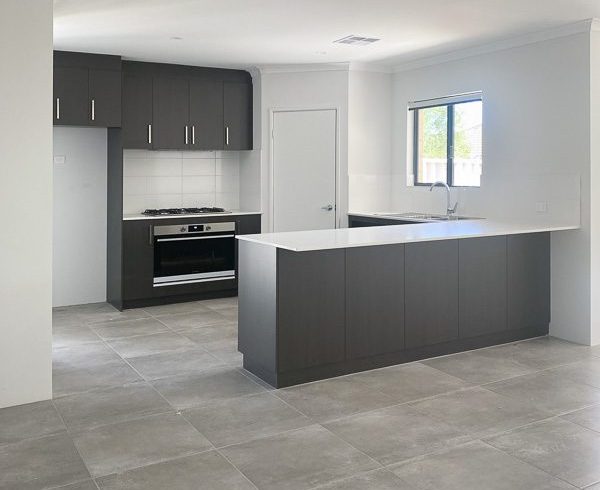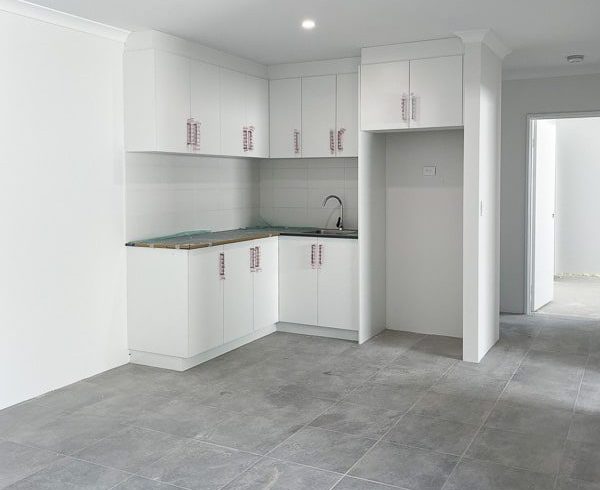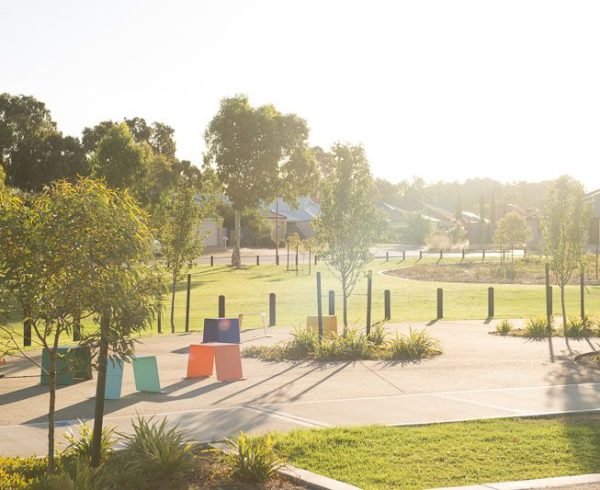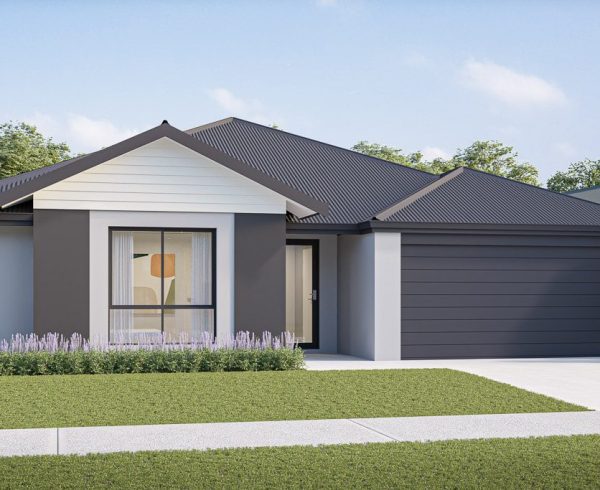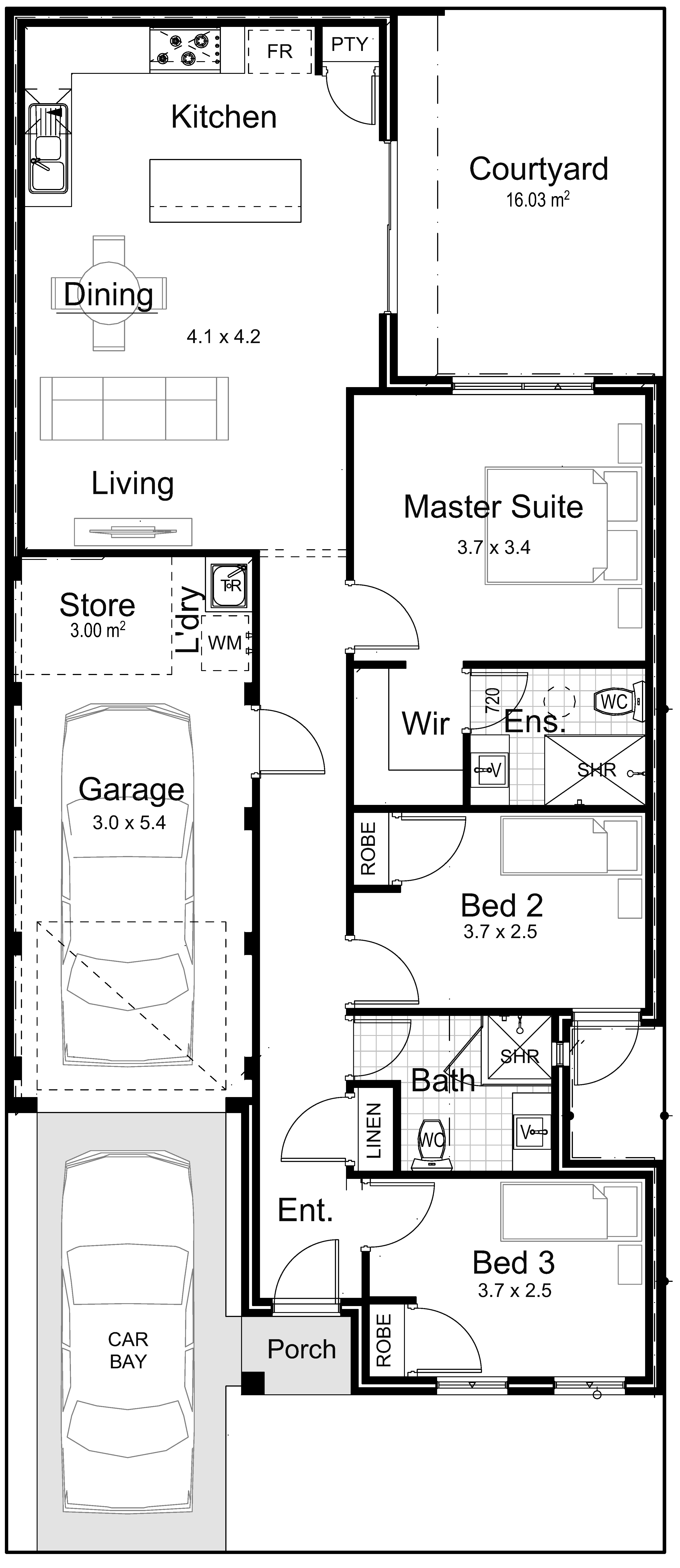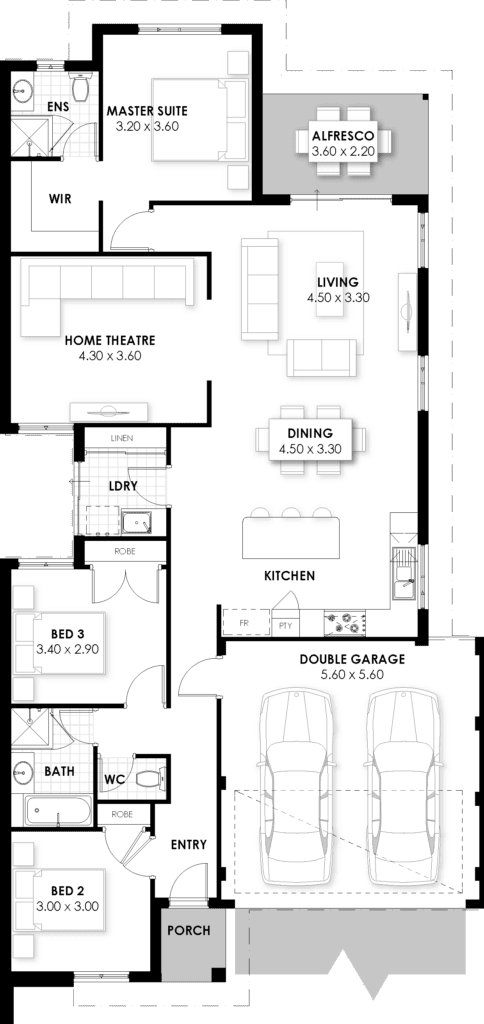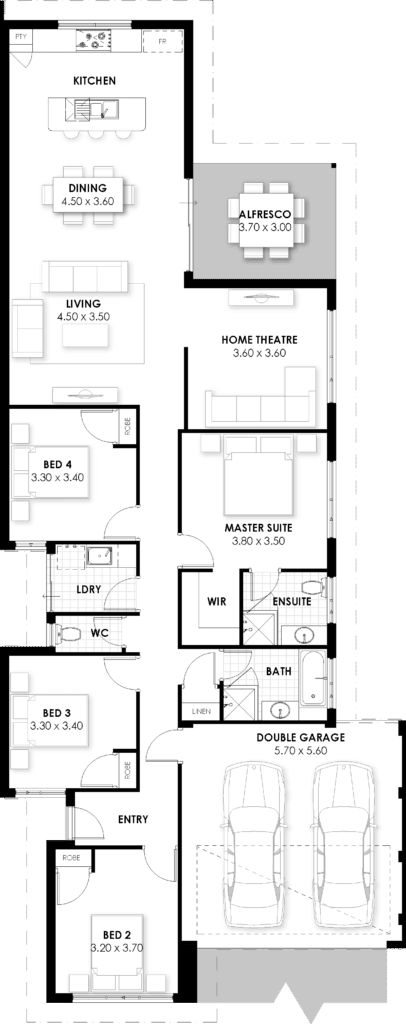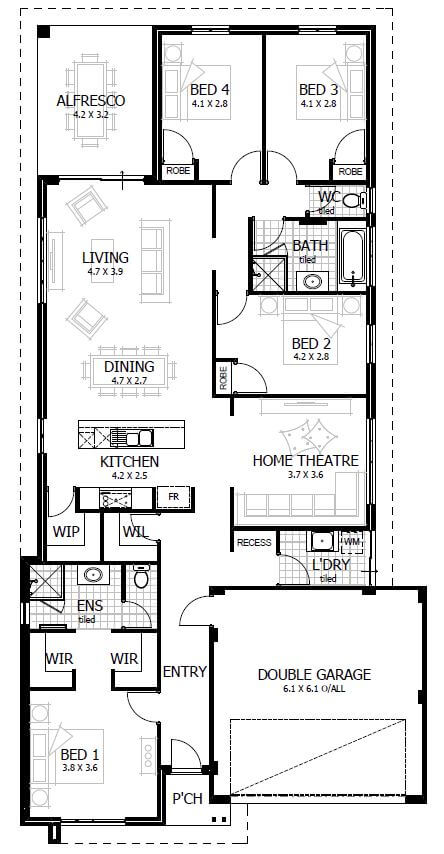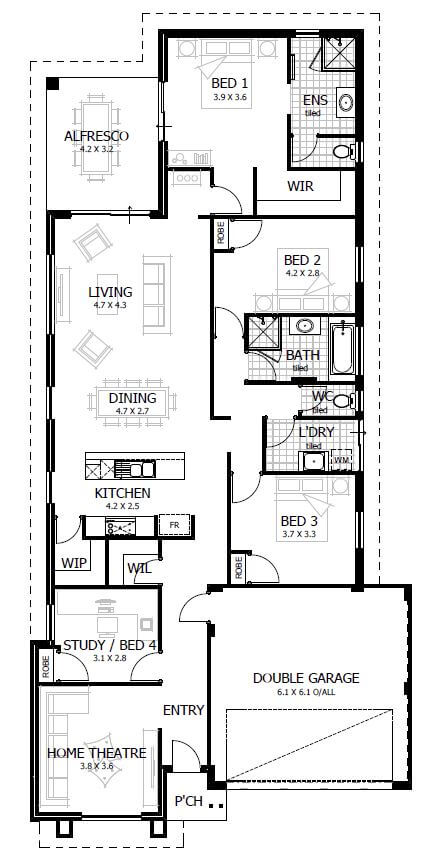If you are looking to build a new home in Perth, you probably keep hearing the same words. There are plenty of people, products and processes involved in the construction of your home. So to help, here is our comprehensive dictionary for everything build related. But if there are any other words or questions, you can check out our First Home Buyers page or send us an email.
Build permit: A build permit ensures your home complies with all requirements and is needed before you can build your home. Applications are approved by the local government you are building in across Perth. You can read about the different types of building approvals here.
Building inspector: A building inspector will inspect your new home for any defects or issues. While they are not compulsory, some home buyers will engage a building inspector to attend their Practical Completion Inspection. The inspector will then write a list of items that need to be addressed. If a building inspector is not hired, it will be the home buyers and building supervisor who will identify any issues.
Deposit: Before you can purchase a block of land or sign your build contract, you will pay a deposit for both the land and build. This deposit signifies a commitment that you will proceed with the purchase and allows your builder to start working on your contract. The deposit amount varies depending on which block of land you are purchasing and what builder you choose.
Depreciation schedule: This report outlines the tax deductions you can claim in your home due to depreciating items. Investors should get a depreciation schedule for their investment property because it will save them thousands of dollars a year.
Handover: Handover occurs when the new build and any items to be fixed have been resolved and final payment has been made. The client officially owns their home and receives their keys.
Home Indemnity Insurance: Every new home build in Perth must have a Home Indemnity Insurance policy before construction commences. This policy financially protects the home owner in case their builder cannot complete their home.
House and land package: A house and land package is when a client purchases a block of land and builds a new home. While the purchasing process happens together, there are two separate contracts. We’ve written a blog post that goes into more depth about house and land packages.
Lenders Mortgage Insurance: If you are borrowing more that 80% of the purchase price of your property, you will need to pay LMI. For example, if your house and land package is $400,000 and you have a $40,000 deposit, you will need to borrow 90%. You will pay a premium that gets added onto your loan and your lender will advise you how much that is.
Noise Attenuation: Homes built in a noisy location will require extra features called noise attenuation to reduce the noise coming in. Features can include thicker windows and plasterboard, as well as cavity wall insulation. It is commonly found on blocks of land next to major highways or under a flight path.
Practical Completion Inspection: During a Practical Completion Inspection (PCI), clients will walk through their home with their building supervisor. Because the home is very close to being finished (about 90%), clients can create a list of items that need to be fixed before handover. You can read more about a PCI we went to.
Preliminary Building Agreement: A Preliminary Building Agreement (PBA), or Preparation of Plans Agreement, is a document clients sign before their build contract. The PBA outlines indicative costs for their house plan, and signifies the client’s intent to proceed to a build contract. It is commonly used because the build price cannot be confirmed until the house design has been finalised for the build contract. A non-refundable deposit is normally required for a PBA so builders can confirm the house design and price.
Progress payments: Instead of paying the entire amount of your new home at once, you will pay in multiple instalments. These instalments are called progress payments and you will find the exact amount in your build contract.
Settlement: Settlement is the process of transferring ownership of a property from one owner to another. If you are building a new home, your settlement date is the day you legally own your block of land- you can’t build a new home until settlement occurs.
Settlement agent: A settlement agent, also known as a conveyancer, prepares the documents that transfers a property from one owner to another (known as settlement). You will need to appoint a settlement regardless of whether you are buying an established home or building a new home.
Titles: No, we’re not talking about Mr and Mrs! Each block of land has a “title” which is an official document that states who owns the block. You cannot settle or build on a block of land that is still untitled. You can read more about about what titled land is.
Turnkey finish: A turnkey finish means your home has everything included. In other words, after getting the keys all you have to do is turn the key! A turnkey finish will include internal wall painting, front and rear landscaping, clothesline and a letterbox, and you can read more about a turnkey finish here.
Working drawings: In-depth plans of your new home that show the layout of your new home. In addition to showing the floor plan, it includes your elevations, block orientation, electrical drawings, and side views of rooms. Working drawings will be updated to show your pre-start items as well as technical items.


If you’re looking at building, you probably have plenty of questions. Online research is a great tool, but if you’re struggling to find an answer to your questions you can fill out the form below and we will reach out.


